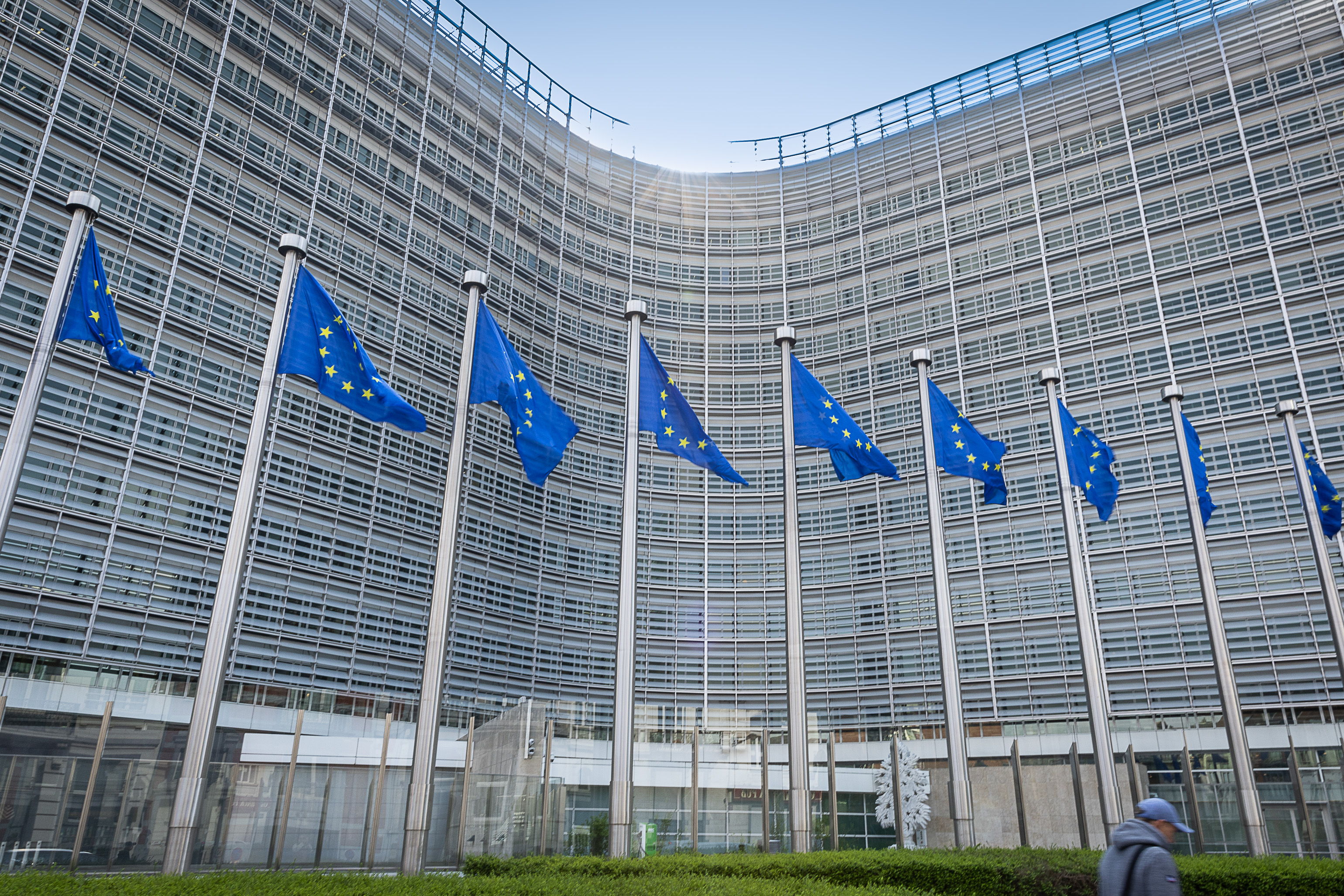European Commission insists on prudent budgetary policy in Belgium

The European Commission is urging Belgium to adopt a "prudent" budgetary policy and keep the increase in primary expenditure under control. The phasing out of energy support measures should be used to reduce the budget deficit, the Commission states in its annual socio-economic recommendations published on Wednesday.
In its report, the EU identifies Belgium as one of 16 member states out of line with European budget and/or public debt criteria. The failure to meet European standards has no tangible consequences for now, as the rules have been suspended since the coronavirus pandemic. However, in the spring of 2024, the Commission will again launch excessive deficit procedures based on the 2023 figures.
Excessive public debt
The fact that Belgium's public finances worry the Commission comes as no surprise. Just 10 days ago, the EU estimated that the country's budget deficit would reach 5.0 per cent of gross domestic product (GDP) this year and 4.7 per cent next year, well above the 3 per cent threshold. Meanwhile, public debt will likely continue to rise, from 106.0 per cent this year to 107.3 per cent in 2024.
The Commission also reiterates its call for strengthening activation policies, integrating disadvantaged groups into the labour market, and improving the performance of education and training systems.
In its recommendations, the Commission urges Belgium to adopt a more prudent budgetary policy, limiting the nominal increase in net primary expenditure (excluding interest payments) to a maximum of 2 per cent in 2024. At the same time, investment should be safeguarded. For instance, the Commission implores Belgium to accelerate the absorption of money from the European Recovery Fund.
Energy transition
Belgium should also do more to reform taxes and benefits, taking fiscal pressure off labour to encourage people to work. The Commission also reiterates its call for strengthening activation policies, integrating disadvantaged groups into the labour market, and improving the performance of education and training systems.
Finally, in light of the energy transition, the Commission recommends further stepping up energy-saving measures, phasing out fossil fuel consumption in buildings and promoting the use of public transport and cycling.
Belgium should also accelerate the rollout of renewable energy and associated infrastructure. This can be achieved partly by streamlining authorisation procedures and shortening the length of appeal procedures, the Commission says.
(BRV)
© BELGA PHOTO JAMES ARTHUR GEKIERE
Related news:





